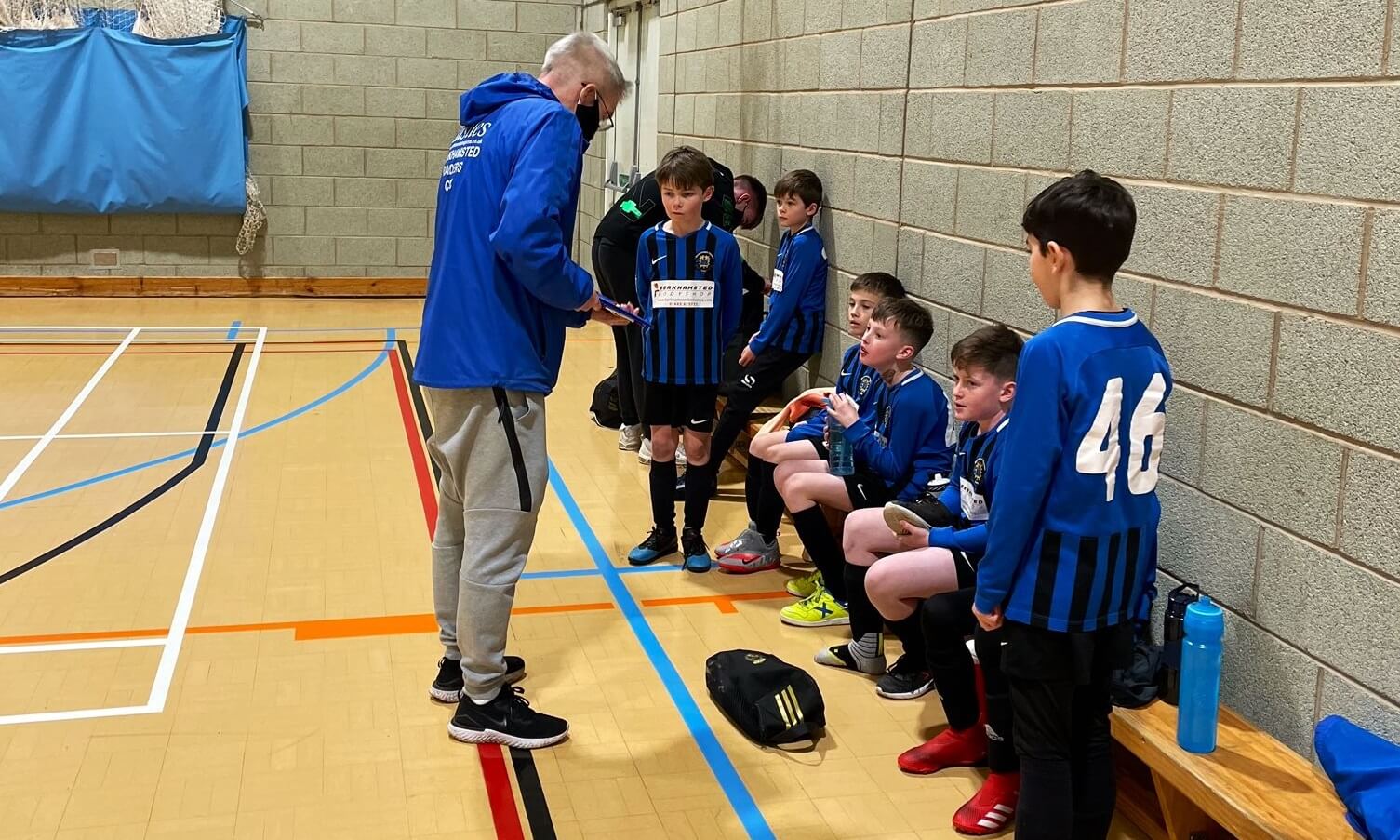Is futsal the future?
Sean McKay, Raiders Age Group Coordinator and Futsal coach shares his insight into the future of futsal.
Johannesburg, 11 July, 2010. “It’s broken for Fabregas, now it’s Iniesta, this is it, that’s the goal, Spain have surely won the World Cup”. Conservative estimates put the TV audience for the 2010 World Cup final at over a billion people. They were witnessing the culmination of a 38-year journey that transformed the style and foundations of Spanish football.
Futsal had existed as a game in South America since around 1930 but it only gained a foothold in the Iberian Peninsula in 1972, when the YMCA Club in Madrid introduced the concept and within two years, Spain was hosting its first international tournament.
By the time Iniesta first contemplated kicking a ball, futsal was firmly established as a core offering in schools throughout his homeland. The game took off rapidly and players like Iniesta regularly played nothing else until their teens. Often, Spanish villages, towns and inner-city suburbs have an outdoor futsal court and no football pitches. As a result, Iniesta’s teammates in that World Cup Final, displayed a mastery of the ball and a speed of decision making that the English audience had rarely witnessed before.
Futsal is not indoor football. Despite what it might look like, there are some fundamental differences that separate it from the traditional game. For a start, the ball doesn’t bounce. It’s not heavier, as people assume; it is padded, so that it spends most of its time on the ground. Secondly, the rules are designed to promote speed of thought and reward teams that are positive with the ball. Finally, there are only five players on court for each team, meaning constant involvement and lots of touches.
Those key ingredients are also instrumental in making it a game that children fall in love with. The smooth surface and the low bounce mean that the ball is far easier to master than a football. This generates confidence and very quickly players are able to lift their heads and see the bigger picture. The intensity of practice and games, hugely accelerates the learning. Tight spaces, use of the sole and the body to shield the ball and a constant demand that players process information and make decisions quickly fuels that learning process. Add to that the fact that in an average futsal game there will be 80 shots on goal as opposed to 25 in a game of football, you can see why kids might like it.
Futsal is still relatively niche in England, the national team are currently ranked number 60 in the world, two places behind Kosovo and three behind Iraq! What’s worse is that the FA, in an attempt to trim their budget due to Covid, took the incredibly short-sighted decision to scrap all National Futsal teams in September last year. No prizes for guessing who are top of the rankings.
This is particularly disappointing for several young Raiders Futsal players who were on the fringes of the England U19 Futsal squad. The limited number of players and teams meant that dedicated young futsal players could see a clear pathway into the National set up, something that they could only dream of in football.
So, is futsal the future then? Given the FA’s stance you could be forgiven for assuming that there isn’t even a future for futsal. However, much like in dozens of other countries, the futsal community is flourishing, despite the lack of official support. A new independent National Futsal league is being launched, an English Clubs Futsal Association has been founded and thousands of kids, until Covid arrived, were playing in futsal leagues every week. The national bodies can be late to the party; futsal won’t be deflected by their failure to take the game forward.
Futsal is still in its infancy here but it is growing fast, fuelled by the passion and enthusiasm of coaches across the country and the kids who love the game. Football is changing too. The game in England is becoming far more technical and futsal players are starting to break in to the Premier League. Max Kilman of Wolves is constantly referred to but there are lots of others and many Academies have woven it into the fabric of what they deliver.
Beyond that, at a grass roots level, it is an exciting game in its own right. Games are never called off for bad weather and it is unparalleled as a tool for developing clever, technical and imaginative players. However, the biggest factor in why futsal is the future, is the smiles on the kids’ faces when they play.
At Berkhamsted Raiders, we deliver Futsal coaching sessions from U7 through to U16 and have some teams competing in regular leagues, where they are available. The long-term plan is to deliver futsal sessions and competitive matches across every age group, to match the appetite for the game amongst our players.
There are plenty of hurdles in the way, not least a lack of facilities but I have no doubt that futsal will be mainstream in England within ten years. And who know… perhaps an English Iniesta will be slotting away a last minute 2030 World Cup Final winning goal.
Find out more about Futsal at Berkhamsted Raiders.
